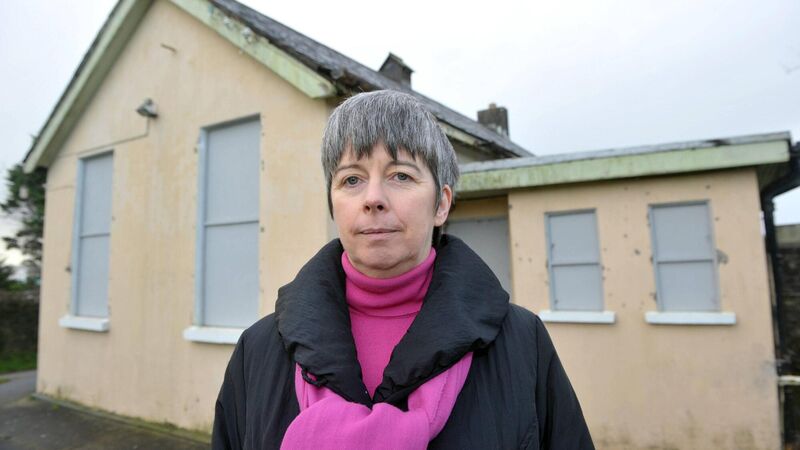Focus on redress: 'They're waiting for us to die' - Day school pupils still await redress for abuse

Louise O'Keeffe who was the victim of sexual abuse pictured outside Dunderrow National School, Kinsale, Co. Cork. She won a landmark ruling at the European Court of Human Rights to establish the State’s vicarious liability for her personal injuries as a result of the abuse she suffered in her national school. Photo: Dan Linehan
Up to July 2019, a redress scheme for those abused in schools prior to 1992 was closed to applicants because of a ‘prior complaint’ criteria. Since then a Government review of the scheme has been delayed by the Covid-19 pandemic.
Some survivors are concerned that redress for survivors of Mother and Baby Homes will be handled in the same way as redress for school survivors.











